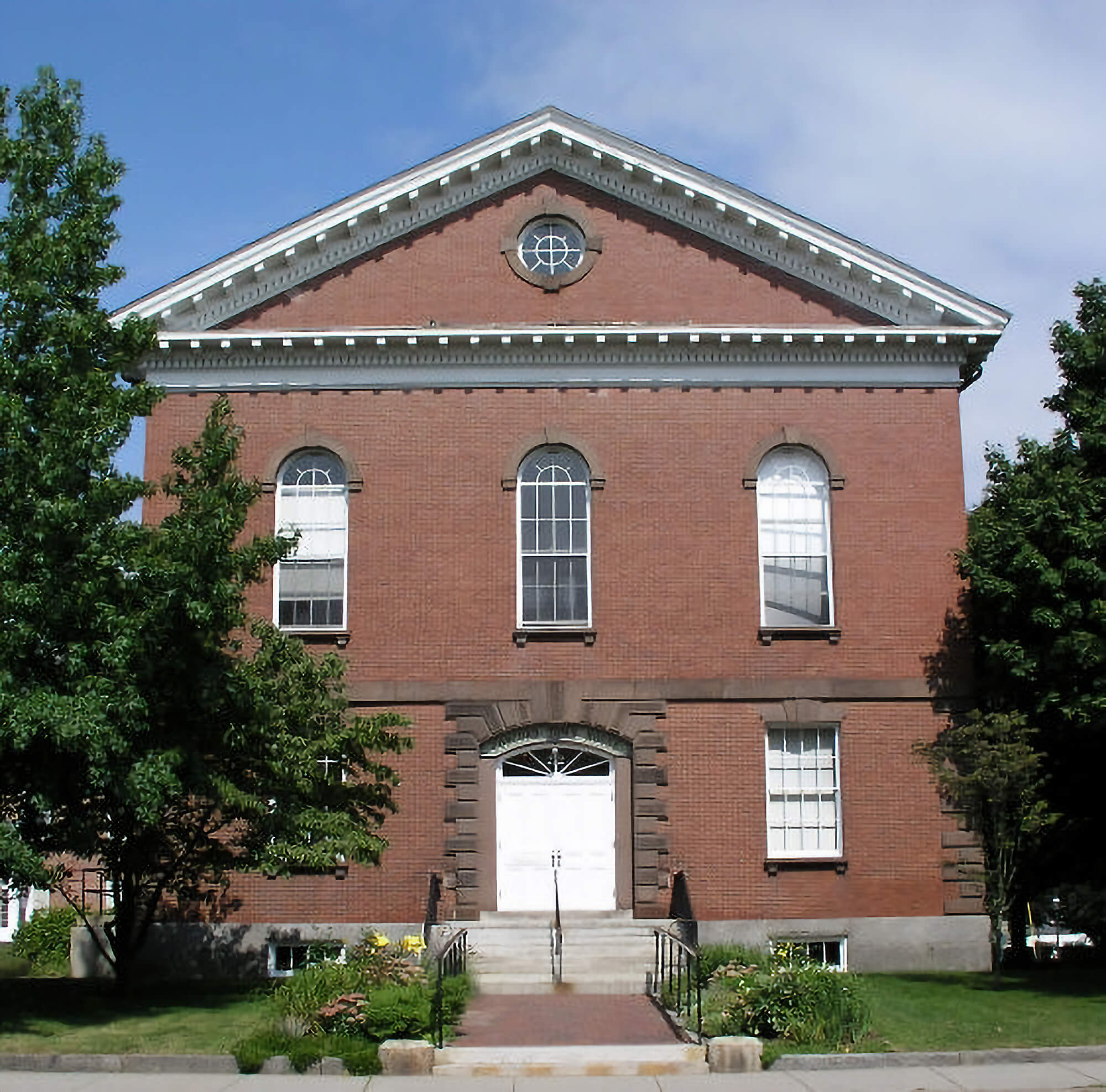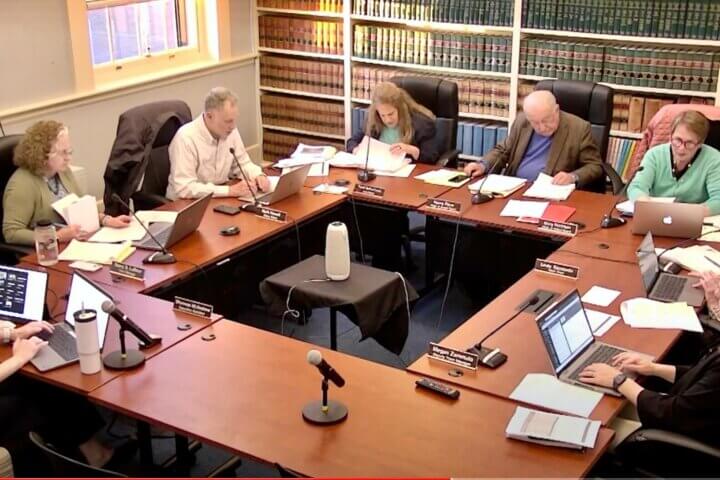The Select Board is considering two programs that they hope will alleviate some of the tax increases for the new middle school and other capital expenses.
Both would mean a shift in property taxes designed to require properties with a higher assessed value to pay more than those with a lower assessment.
The tax rate per $1,000 would go up, but homeowners who apply would be eligible for a residential exemption which would lower the assessed value to which the higher tax rate would apply. The Select Board sets the tax rate every fall.
The residential exemption is a state-wide policy that can be adopted by any city or town, and can apply to all owner-occupied homeowners who have lived for the preceding fiscal year in Concord. The other, so-called Clause 41C ½, is a state program for seniors that needs an election at the polls to go into effect.
Numerous towns have adopted the residential exemption, while only Ashland has voted in Clause 41C ½.
The Board of Assessors laid out three scenarios for residential exemptions at various rates: 4%, 22% and 30% with each level representing the percent of assessment that would be reduced.
Select Board member Mary Hartman said the residential exemption rate for a principal residence would allow a percentage off the assessed value of the median-priced home, and the tax rate as a whole would go up. So those in less expensive homes could take the exemption and pay a higher rate on a lower-assessed home.
According to statistics presented by the Board of Assessors, about 5,000 properties would be eligible for the residential exemption.
At the 4% exemption rate, all homeowners would get a 3.3% tax increase, but those who apply for the exemption living in a $1.4 million assessed home would see a small decrease and properties assessed at $2.5 million would get an increase.
With higher exemption rates, the numbers increase and decrease proportionately.
With Clause 41C ½, the assessors show a tax shift “reducing lower-income owner-occupant senior households by a large percentage while increasing other taxpayers’ burden by a small percent,” Hartman noted. It is available to residents over age 70 who have lived in the same property for five years, a decade in Massachusetts. There are income limits for eligibility.
The town would receive a fixed reimbursement from the state if voters at an election OKd the adoption of the measure.
The earliest Concord could adopt Clause 41 1/2C is FY2025. It would have to be approved at the March 2024 election.
The Select Board plans to conduct hearings before setting the tax rate in November.
“There is always a new rate,” said Hartman. “This (residential exemption) is one more complicating factor.”
Landlords who do not live in the building would not be eligible for the residential exemption.
Karlen Reed stated at a recent hearing that rents would likely go up with the tax increase.
Seventeen other towns have adopted a residential exemption, from Barnstable to Boston, including Cambridge, Nantucket, Waltham and Watertown and more.
Senior-and-Residential-Exemption-Power-PointFor more information, go to https://concordma.gov/documentcenter/view/41652





